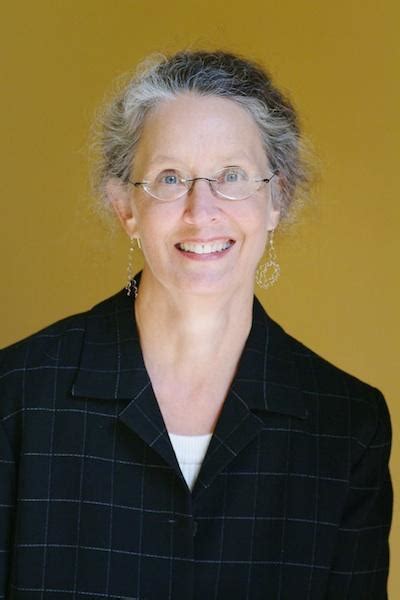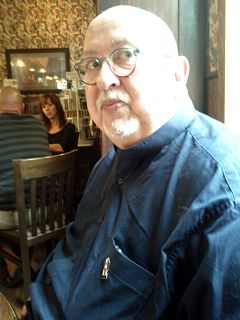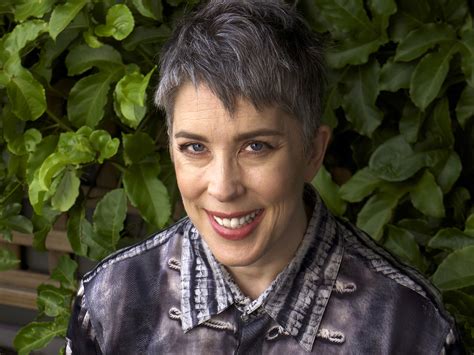A Quote by Russell Freedman
I get letters from two kinds of readers. History buffs, who love to read history and biography for fun, and then kids who want to be writers but who rarely come out and say so in their letters. You can tell by the questions they ask - How did you get your ?rst book published? How long do you spend on a book? So I guess those are the readers that I'm writing for - kids who enjoy that kind of book, because they're interested in history, in other people's lives, in what has happened in the world. I believe that they're the ones who are going to be the movers and shakers.
Quote Topics
Ask
Because
Believe
Biography
Book
Come
Did
Enjoy
Fun
Get
Going
Guess
Happened
History
How
I Believe
Interested
Kids
Kind
Kinds
Letters
Lives
Long
Love
Love To Read
Movers And Shakers
Other
Out
People
Published
Questions
Rarely
Read
Readers
Say
Shakers
Spend
Tell
Then
Those
Two
Want
World
Writers
Writing
Your
Related Quotes
I want my books to exist in the literary world, not only in the art world. I am interested in having a dialogue with other writers, and the readers of those writers. Someone who is reading a book of mine might not have visited my exhibitions related to it, but can still have a full, literary experience with that book. This would be a completely different experience from stepping into the show, not having read the book. One form is not illustrative of the other.
Books are just dead words on paper and it is the readers who bring the stories alive. Previously, writers wrote a book and sent it out into the world. A couple of months after publication letters from readers might arrive. And, leaving aside the professional reviews, it is really the reader's opinions that the writer needs. They vote for a book - and a writer - with their hard earned cash every time they go into a bookstore (or online - that's my age showing!) and buy a book.
A reader is entitled to believe what he or she believes is consonant with the facts of the book. It is not unusual that readers take away something that is spiritually at variance from what I myself experienced. That's not to say readers make up the book they want. We all have to agree on the facts. But readers bring their histories and all sets of longings. A book will pluck the strings of those longings differently among different readers.
Children make better readers than adults. They read as carefully as I write; adults read as a means of getting off to sleep. I get letters saying 'I have read your book seventeen times.' If you're an adult novelist and you get that letter, you should be afraid. You're being stalked. Kids always read them seventeen times!
I re-read The History of White People by Nell Irvin Painter. It's a book every one should read, particularly Americans, as the USA is her primary focus. Her book demonstrates that white is not universal, that white is not neutral, that it has a history, which she eloquently delineates. It's not often you finish a book understanding how the world operates better than before you read it.
If I get stuck, I look at a book that tells me how someone else did it. I turn the pages, and then I say, 'Oh, I forgot that bit,' then close the book and carry on. Finally, after you've figured out how to do it, you read how they did it and find out how dumb your solution is and how much more clever and efficient theirs is!
Write what you want to read. So many people think they need to write a particular kind of book, or imitate a successful style, in order to be published. I've known people who felt they had to model their book on existing blockbusters, or write in a genre that's supposed to be "hot right now" in order to get agents and publishers interested. But if you're writing in a genre you don't like, or modeling yourself on a book you don't respect, it'll show through. You're your first, most important reader, so write the book that reader really wants to read.
































